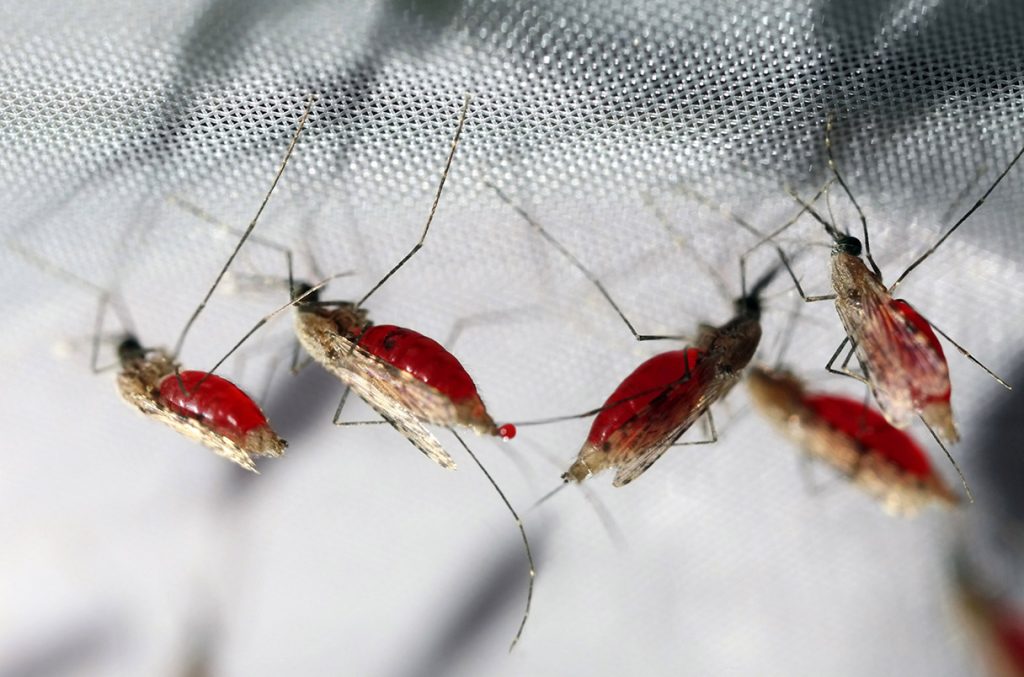A new report published in the journal Science warns that urgent action is needed to prevent the spread of drug-resistant malaria in Africa, which could endanger the lives of millions, especially children.
The paper highlights the emergence of resistance to artemisinin, the primary drug used to combat malaria, in various East African countries.
According to the report, “Mutations indicating artemisinin-resistance have been found in more than 10% of malaria-infected individuals in Ethiopia, Eritrea, Rwanda, Uganda, and Tanzania.”
The effectiveness of Artemisinin Combination Therapies, or ACTs, in treating malaria has been a cornerstone in recent years. However, according to Lorenz van Seidlein, the report co-author, there are indications that their effectiveness may be diminishing.
“We have increasing reports from eastern Africa saying that they have documented resistance against the first-line treatments against malaria,” he says. The first-line treatment is artemisinin combination therapy—which has been used for the last 20 years and has worked excellently well. And it’s now not working as well as it used to,” he added.
It is estimated that more than a thousand children die from malaria each day in Africa.
Before the development of artemisinin therapies, chloroquine was the primary medicine used to treat malaria. According to the report authors, during the last three decades, there was widespread ignorance of the signs indicating the malaria parasite’s resistance to chloroquine.

“When chloroquine resistance slowly sneaked into Africa, there was a whole wave of childhood mortality followed by it. So, really, a large number of children — probably in the millions — died because chloroquine didn’t work as well as it used to do. And now we see these first signs that something similar is happening with the ACTs. And that is, of course, very worrying,” von Seidlein says.
The report’s authors call on policymakers and global funding bodies to take immediate action to prevent the establishment of artemisinin resistance. Their suggestions involve combining artemisinin drugs with other medications. Decision-makers must act swiftly to address this growing concern.
The reports also advocate for the introduction of advanced insecticides and mosquito nets, more comprehensive training for community health workers, swift implementation of new vaccines, and improved tracking of parasite mutations.


